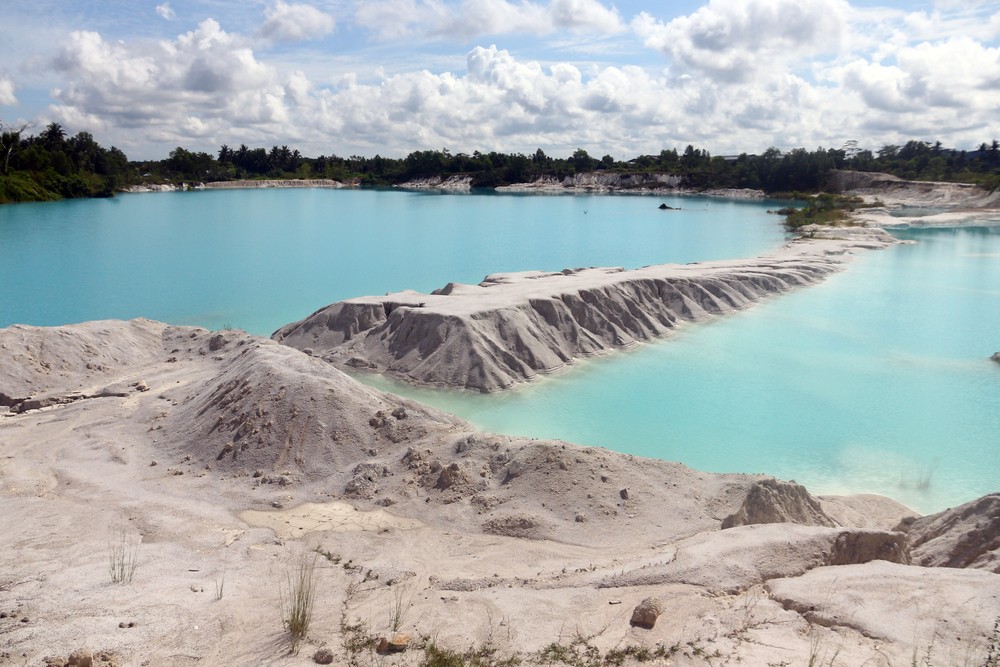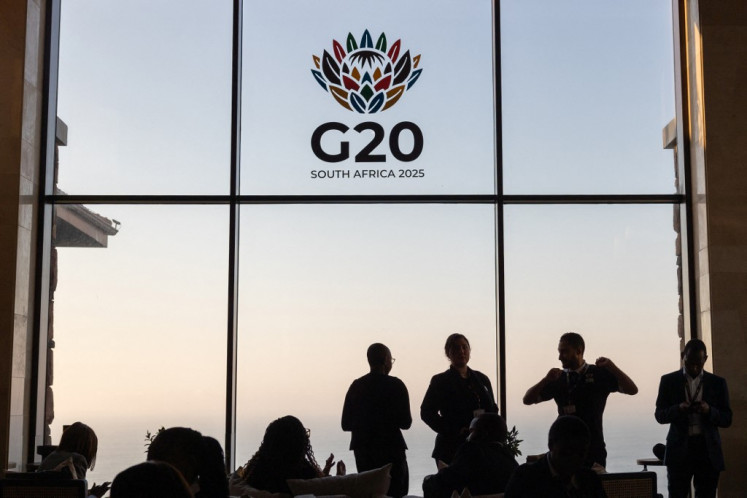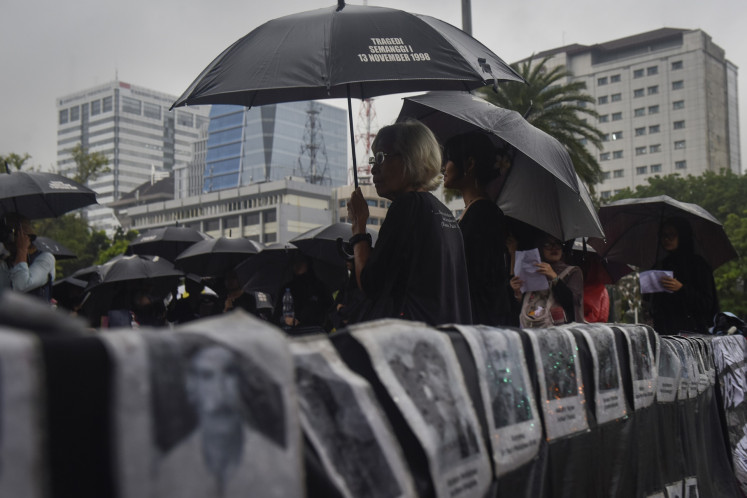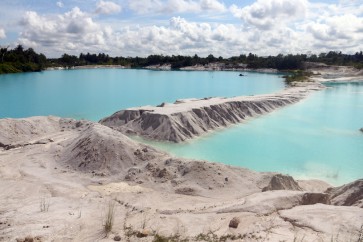Popular Reads
Top Results
Can't find what you're looking for?
View all search resultsPopular Reads
Top Results
Can't find what you're looking for?
View all search resultsPost-extractivism in Indonesia: Is it possible?
In this regard, post-extractivism in Indonesia is mostly perceived as the situation when the resources have been depleted and the community has to overcome environmental problems caused by the extractive activities.
Change text size
Gift Premium Articles
to Anyone
R
ecent fierce resistance from civil society to offshore tin mining in Belitung and East Belitung regencies poses an intriguing question as to whether this movement can be regarded as a new beginning toward post-extractivism in Indonesia.
For the last couple of years, civil society in Belitung has been resisting offshore tin-mining activities on account of their damaging impact not only on the environment but also their social and economic life.
Data from environmental science and conservation news and information portal Mongabay (2016) predicts that more than 20 villages in a coastal area and around 9,000 fishermen will be affected if offshore tin mining is allowed in these regions.
Unlike their neighboring district in Bangka where offshore tin-mining activities have already been massively undertaken, to date, offshore tin mining activities are still unable to operate owing to intense opposition from the local community.
It should be noted that Belitung’s experience may differ from what has been commonly understood in Indonesia that post-extractivism is closely associated with life after the end of extractivist activities.
In this regard, post-extractivism in Indonesia is mostly perceived as the situation when the resources have been depleted and the community has to overcome environmental problems caused by the extractive activities.
On the contrary, what is happening in Belitung is a conscious decision by the local community and supported by the local political leaders to reduce dependency on non-renewable resources when the resources are still abundant.


















